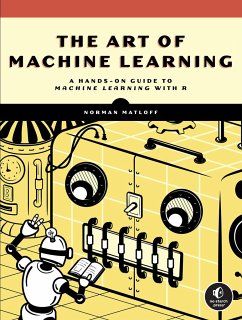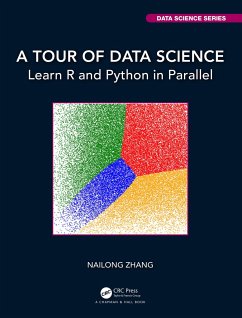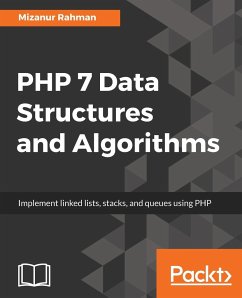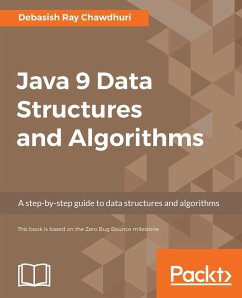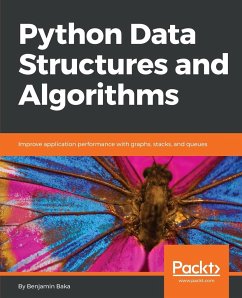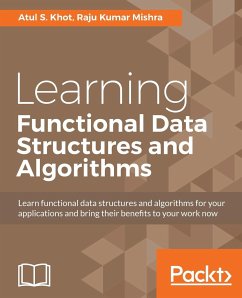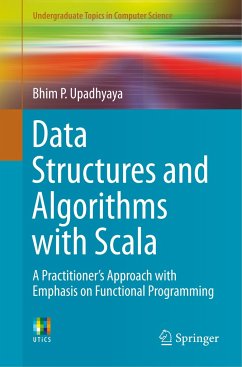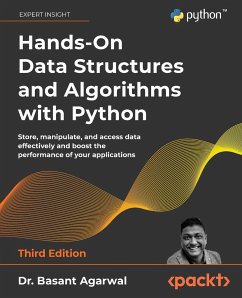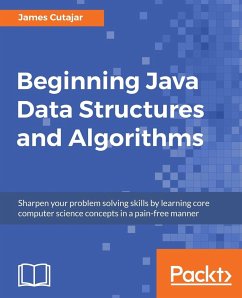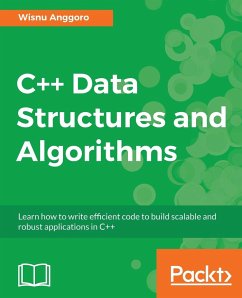
R Data Structures and Algorithms
Increase speed and performance of your applications with effi cient data structures and algorithms

PAYBACK Punkte
21 °P sammeln!
Increase speed and performance of your applications with efficient data structures and algorithms Key Features:See how to use data structures such as arrays, stacks, trees, lists, and graphs through real-world examples Find out about important and advanced data structures such as searching and sorting algorithms Understand important concepts such as big-o notation, dynamic programming, and functional data structured Book Description: In this book, we cover not only classical data structures, but also functional data structures. We begin by answering the fundamental question: why data structure...
Increase speed and performance of your applications with efficient data structures and algorithms Key Features:See how to use data structures such as arrays, stacks, trees, lists, and graphs through real-world examples Find out about important and advanced data structures such as searching and sorting algorithms Understand important concepts such as big-o notation, dynamic programming, and functional data structured Book Description: In this book, we cover not only classical data structures, but also functional data structures. We begin by answering the fundamental question: why data structures? We then move on to cover the relationship between data structures and algorithms, followed by an analysis and evaluation of algorithms. We introduce the fundamentals of data structures, such as lists, stacks, queues, and dictionaries, using real-world examples. We also cover topics such as indexing, sorting, and searching in depth. Later on, you will be exposed to advanced topics such as graph data structures, dynamic programming, and randomized algorithms. You will come to appreciate the intricacies of high performance and scalable programming using R. We also cover special R data structures such as vectors, data frames, and atomic vectors. With this easy-to-read book, you will be able to understand the power of linked lists, double linked lists, and circular linked lists. We will also explore the application of binary search and will go in depth into sorting algorithms such as bubble sort, selection sort, insertion sort, and merge sort. What You Will Learn:Understand the rationality behind data structures and algorithms Understand computation evaluation of a program featuring asymptotic and empirical algorithm analysis Get to know the fundamentals of arrays and linked-based data structures Analyze types of sorting algorithms Search algorithms along with hashing Understand linear and tree-based indexing Be able to implement a graph including topological sort, shortest path problem, and Prim's algorithm Understand dynamic programming (Knapsack) and randomized algorithms Who this book is for: This book is for R developers who want to use data structures efficiently. Basic knowledge of R is expected.





